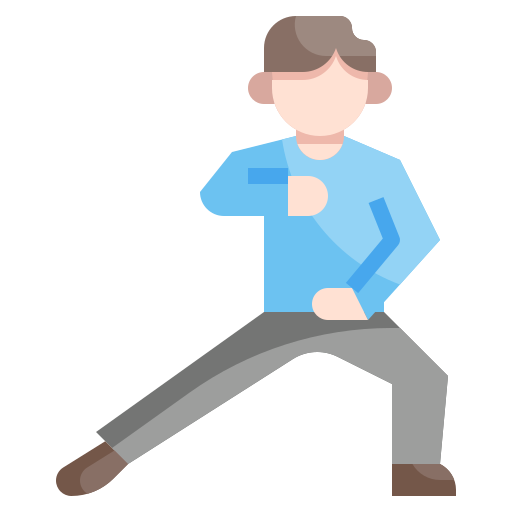Incorporating ancient wisdom for a holistic approach to health and happiness.
The Dao De Jing is a classic text that offers guidance and wisdom for individuals seeking to live a fulfilling and meaningful life. It introduces the concept of the Dao, or inner way, which is believed to be present within every individual and serves as the source of all things. The text suggests that the only way to truly understand and connect with the Dao is through Daoist meditation, which involves quieting the mind and going within oneself to discover the inner wisdom and guidance that lies within.

Incorporating the principles of the Dao De Jing into a fitness routine can help to create a holistic approach to wellness that goes beyond just physical exercise and jumping rope with a training jump rope. The emphasis on balance and moderation in all aspects of life can be applied to finding a healthy and sustainable approach to fitness.
💯
The idea of living in harmony with nature can also be translated into finding activities and exercises that allow you to connect with the outdoors and the natural world. In addition to these general themes, the practice of Daoist meditation can also have specific benefits for fitness. Taking time to quiet the mind and focus on the present moment can help to improve mental focus and concentration, which can be beneficial when setting and working towards fitness goals.
👀
The practice of mindfulness and being present in the moment can also help to reduce stress and improve overall well-being, both of which are important for maintaining a healthy and active lifestyle. Overall, the Dao De Jing offers a unique perspective on living a fulfilling and meaningful life that can be applied to fitness and wellness in a number of ways. By incorporating its principles and practices into your routine, you can create a holistic approach to wellness that goes beyond just physical exercise like rope jumping and promotes overall well-being.